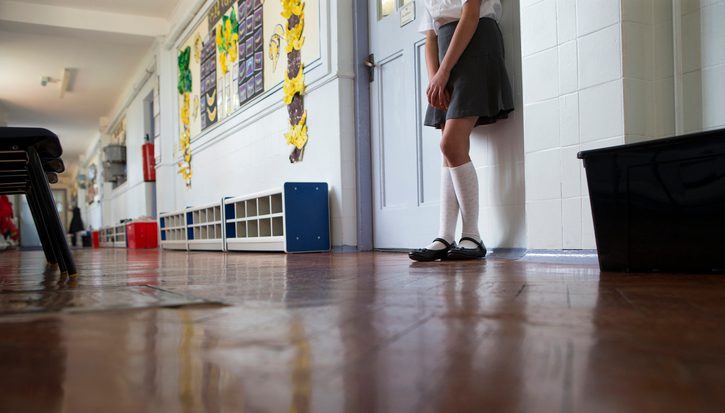
Who is losing learning? Finding solutions to the school engagement crisis
Article
An alarming number of children are missing out on the social and educational benefits of school.
A crisis of lost learning is sweeping across schools in England. Children cannot learn if they are not in school and not engaged. This means attainment cannot be raised further, employment outcomes cannot be improved, nor can the country’s ambitious growth targets be met if a significant and growing proportion of children are unable to access a quality education.
Lost learning occurs when a child is not at school, engaged in the classroom, participating in their education, or forced to move out of their local community setting.
Suspensions and permanent exclusions have grown by a third in a single year; elective home education has increased by over 20 per cent; and absence levels are double pre-pandemic levels. New analysis has also found that for every child that is permanently excluded, 10 more invisibly move out of their school setting. This lost learning perpetuates cycles of disadvantage and stifles economic growth, casting a long shadow over the lives of children, families and communities.
To turn the tide of lost learning, the education system must evolve. This report sets out 10 recommendations for national government, local authorities, trusts and schools which, if delivered, would see a measurable improvement in inclusion, meaning fewer children would be losing out on learning.
The report sets out four principles of effective whole school inclusion.
- Inclusion is built from the universal up.
- Inclusion is a culture that is led from the top.
- Inclusion is community collaboration.
- Inclusion is measurable.
It also provides 10 recommendations to deliver whole school inclusion.
This report is a follow-up to our report Who is losing learning? The case for reducing exclusions across mainstream schools.
Related items

Who is losing learning?: The case for reducing exclusions across mainstream schools
We must address the alarming numbers of children losing learning.
Every child is equal: Bridging the childcare gap for families with no recourse to public funds (NRPF)
Migrant families subject to the no recourse to public funds (NRPF) condition are prevented from accessing most forms of support with childcare costs, including the expanded entitlement for working parents.
The invisible crisis of lost learning
We urgently need more resources to allow schools to take a different approach to exclusions to ensure the most vulnerable students aren’t left behind.